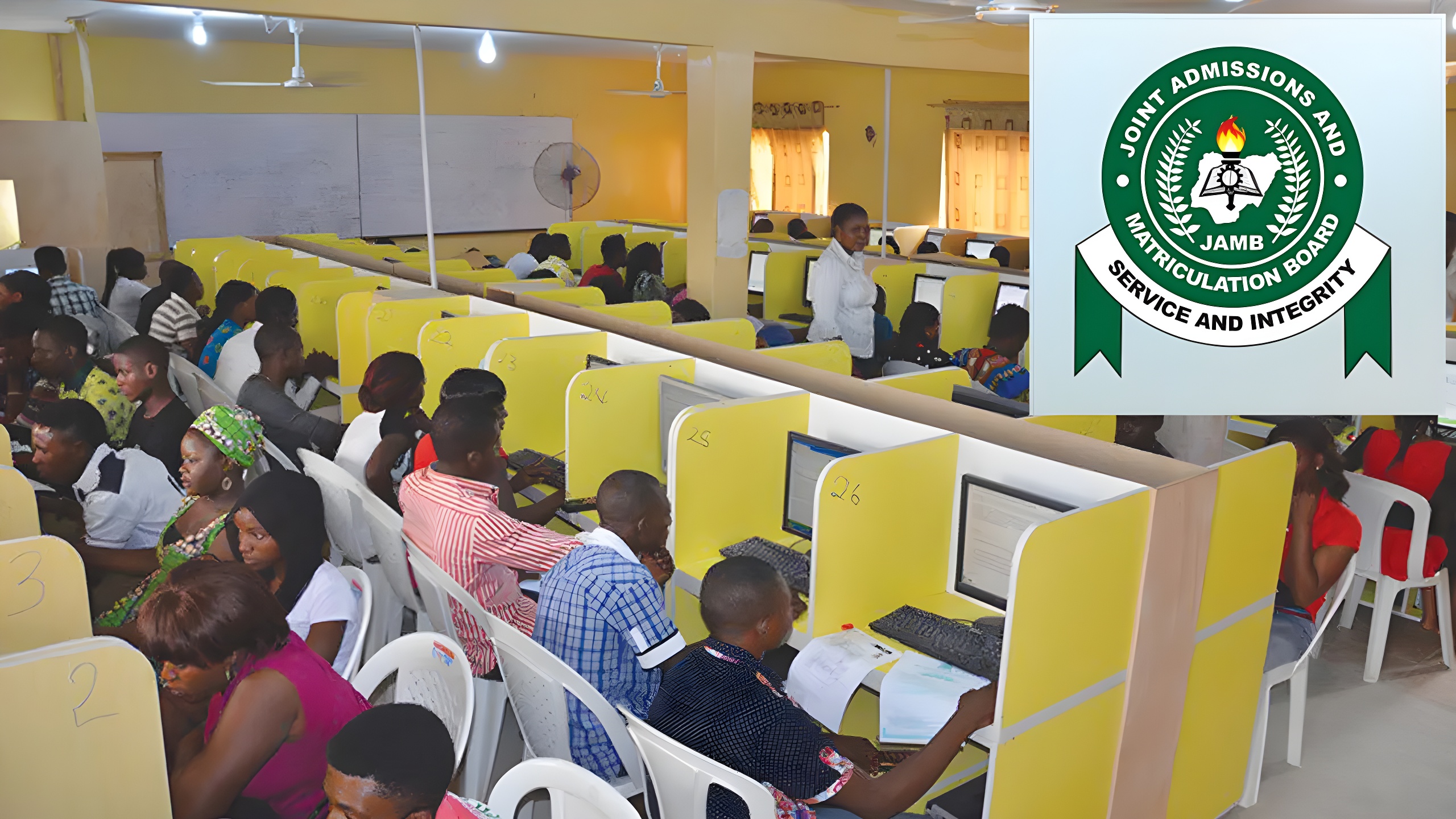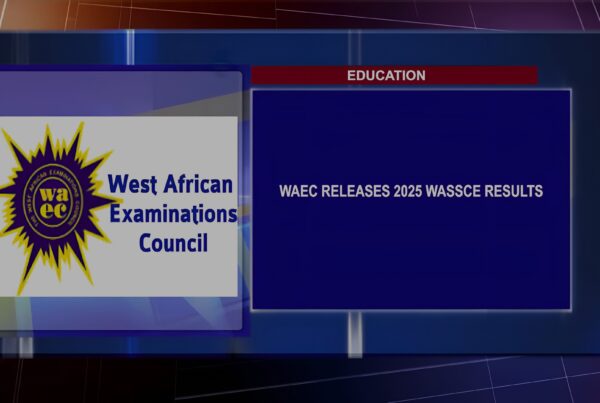The Joint Admissions and Matriculation Board has released the results of the 2025 Mock Unified Tertiary Matriculation Examination conducted on Thursday, April 10.
JAMB disclosed this in a statement on Sunday by its spokesperson, Fabian Benjamin, noting that candidates can check their results by sending “MOCKRESULT” via SMS to either 55019 or 66019 using the phone number they registered with for the examination.
According to the board, the mock UTME is optional and aims to test its yearly innovations while also giving candidates an opportunity to experience the computer-based test environment ahead of the main examination.
The statement read, “A total of 200,115 candidates initially expressed interest in participating; however, two candidates later withdrew, resulting in 200,113 registered candidates.
“Of those registered, 73,844 candidates were absent on the day of the examination, and 88 candidates failed the biometric verification screening.
“Consequently, 126,181 candidates successfully sat for the examination, and results for 115,735 of these candidates are now available for viewing. Additionally, 10,446 results are still being processed and will be released soon.”
JAMB also acknowledged delays faced by some candidates during the mock exam and expressed regret over the inconvenience.
It explained that the disruptions were due to new features introduced to improve the upcoming main UTME.
The board urged candidates to continue supporting its efforts, adding that the mock exam remains a key part of its strategy to enhance the UTME process and better prepare candidates.
“The mock examination serves as a trial version of the UTME, allowing the Board to test new innovations while helping candidates familiarize themselves with the CBT environment.
“Over the years, this initiative has successfully achieved its objectives, addressing noted lapses and equipping candidates with valuable experience for the main examination,” the statement added.
JAMB, institutions to decide ‘cut-off points’ for 2025 Admissions on Monday, April 14, 2025
The Joint Admissions and Matriculation Board (JAMB) will, on Monday, the 14th of April, meet with the heads of all tertiary institutions in Nigeria to decide the National minimum tolerable UTME score (NTMUS), also known as ‘cut-off points’ for the 2025 Admission exercise.
The JAMB Admission Policy meeting is held annually with heads of all university polytechnics and colleges of education –both public and private– to decide the ‘cut-off point’ for admissions from the 2025 Unified Tertiary Matriculation Examination (UTME).
The UTME, also held annually, is a Computer-Based Test (CBT), a prerequisite for candidates seeking admission into Nigerian tertiary institutions. The maximum obtainable score in the UTME is 400 –100 for each of the four subjects for which candidates sit.
Cut-Off points
Each institution has different cut-off points. While some universities set as high as 200 UTME points, others set as low as 100 or 120 UTME points.
However, all the institutions agree on a national minimum score a candidate is expected to get before being considered for admission by any tertiary institution.
Last year, the NTMUS for universities was pegged at 140 and 100 for polytechnics and colleges of education.
How cut-off points are set
All the tertiary institutions have their individually preferred cut-off points, which they have communicated to JAMB.
At the meeting, they will all agree to a national minimum which no institution is allowed to go below. The decision on which points to go with is usually subject to voting by the heads of institutions present.
Any institution with a cut-off point set below the agreed point would have to raise its cut-off point.
Last year, at the meeting, the then Minister of Education, Tahir Mamman, a professor, directed institutions not to admit candidates under 18. He rescinded the decision after protests by the heads of institutions present. He then asked that 16 be used for the 2024 admissions and 18 in subsequent years.
However, after Mr Mamman was removed as minister in October, the new education minister, Tunji Alausa, asked that the minimum age for admission be placed at 16.
Concerns
The current method of admissions, which JAMB mostly controls through its Central Admissions Processing System (CAPS), has been criticised by some Nigerians, who argue that each institution should be allowed to conduct its own entrance examination and set its own guidelines.
But JAMB said it doesn’t interfere with the admission process, noting that the institutions decide who they admit.
JAMB had explained that each institution has admin access to the CAPS which ranks applicants based on their O’level results, UTME scores, and Post-UTME scores and other conditions listed by the respective institutions they applied to.
During last year’s policy meeting, JAMB registrar Is-haq Oloyede, a professor, explained that CAPS ensures that institutions offer admissions first to highly qualified applicants before others to eradicate favouritism in the admission process.




